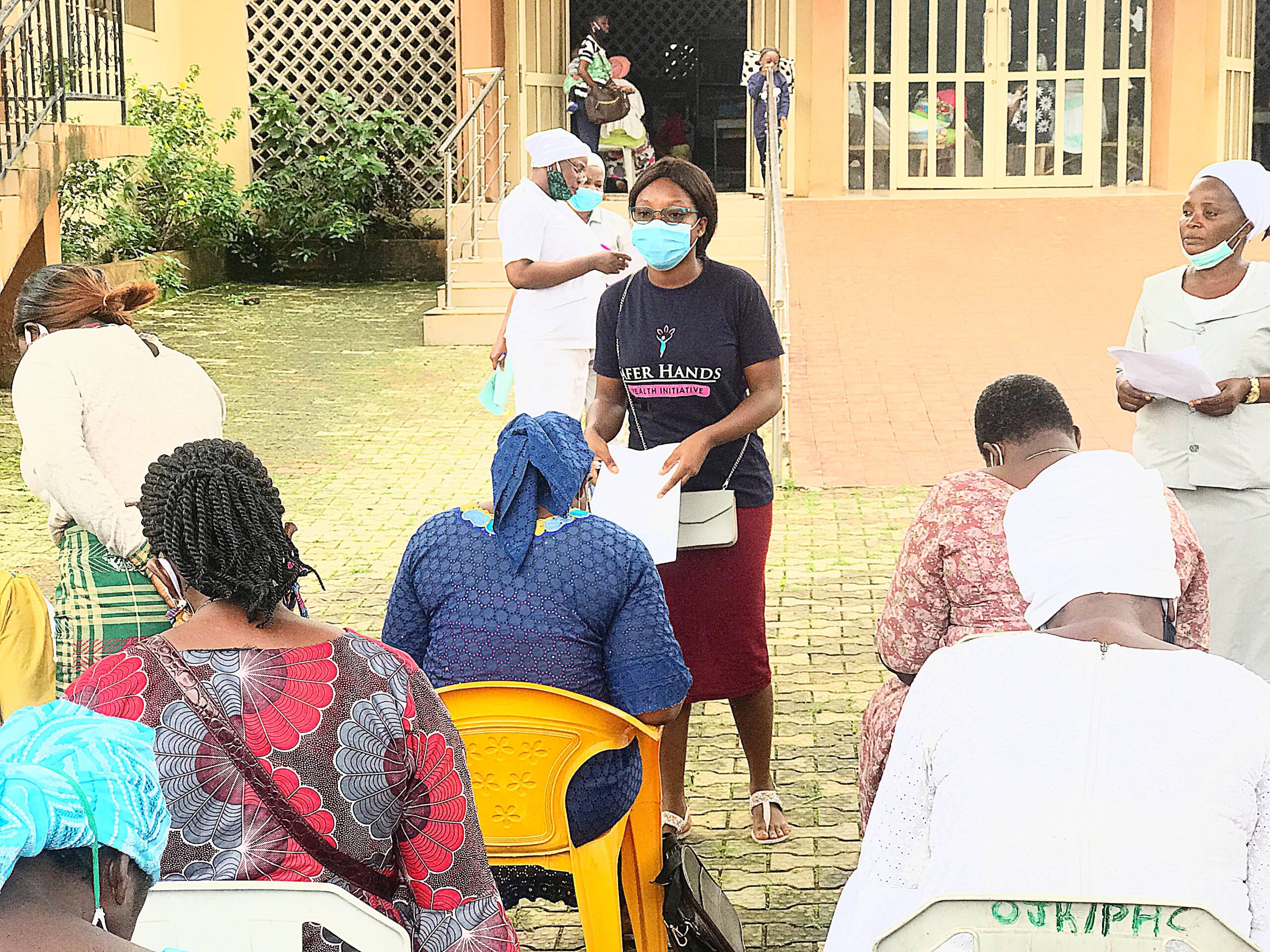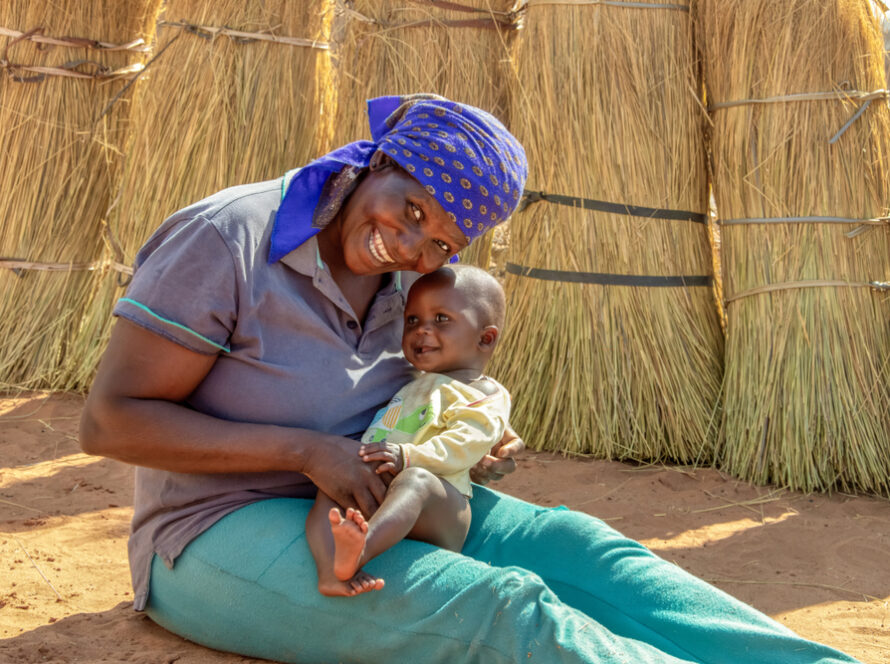The ongoing pandemic and social distancing rule have necessitated various rules and practices applied to different sectors and practices, not exempting the health providing sectors who are the frontliners and the first point of call. However, of utmost importance are the grassroot health care providers who are located in the communities and are closer to the people. These are the people who cater for the local lower socioeconomic class population and become the first point of call and care for these people patronizing them, and for most the last point of care before they return home, with or without their ailments. Hence, it is very important to put these community health care givers into perspective, especially in this period where visiting a hospital or proper health care facility is risky, rationalized and costly.
This further informed our activities to reach out to more community birth attendants (skilled and unskilled) via the primary health centre located in their communities, to train them on proper handwashing, disinfection of working areas/surfaces/equipment and other safety precautions needed during this COVID-19 era, safe delivery (ANC, routine tests during pregnancy and obstetric danger signs for prompt referral) while working in the community and empower them with items needed to carry out the taught hygienic practices such as sterile birthing kits, bottles of liquid soap and disinfectant with different educational and instructional pamphlets on all methods of family planning, handwashing, disinfecting work surfaces and equipment.
We invest in this cadre of health care workers because they cannot be ignored, as their effect is felt in the figures contributing to maternal and child morbidity and mortality. Especially, in underdeveloped and developed countries, where the unskilled and informally trained among them cannot be ignored or eradicated, as they make up a significant chunk of the health care providers in these nations (cultural, socially and financially), Nigeria included. Therefore, our activities are aimed at reducing community spread of infection from their point of care, also reduce maternal and child morbidity and mortality.
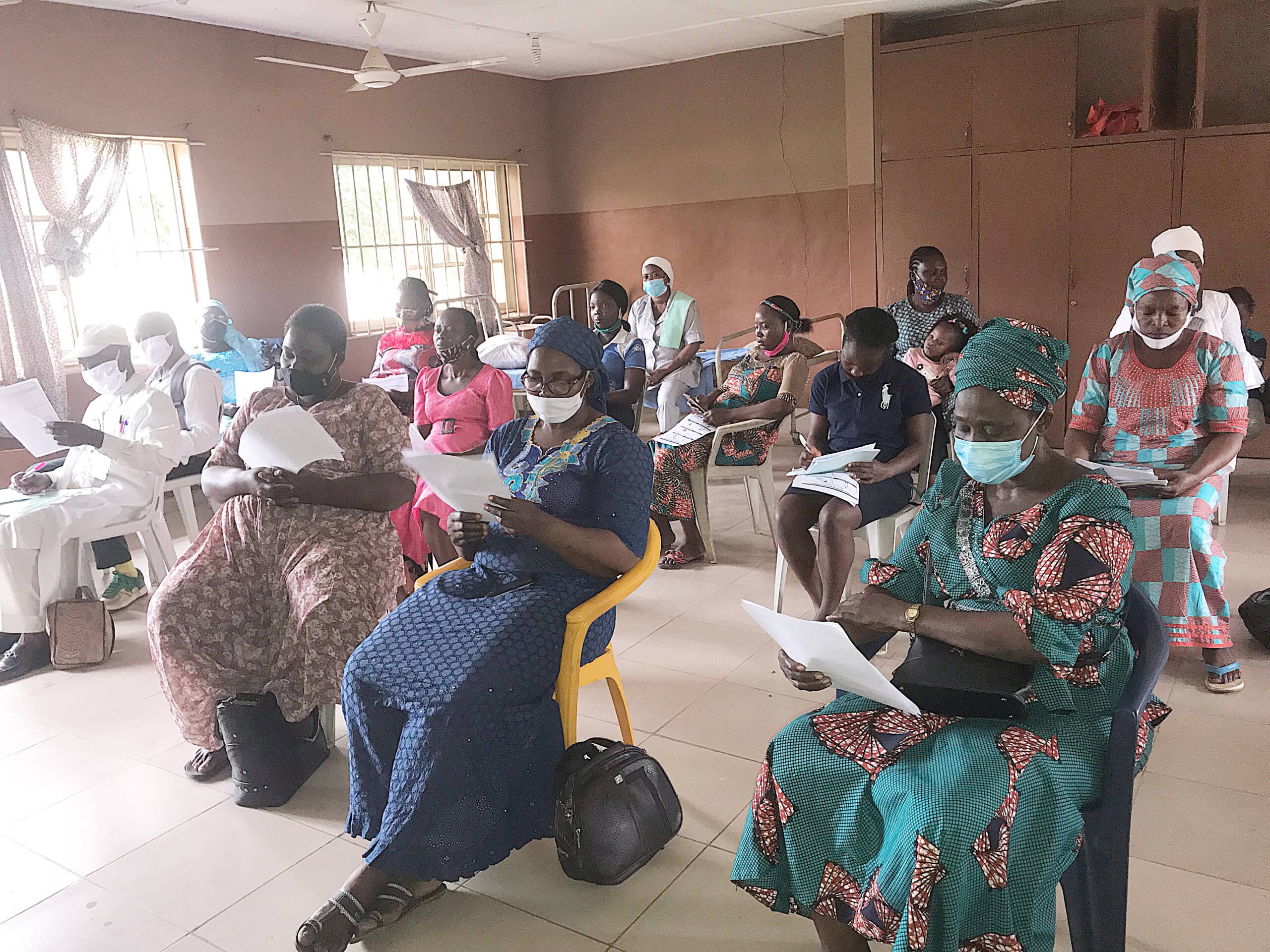
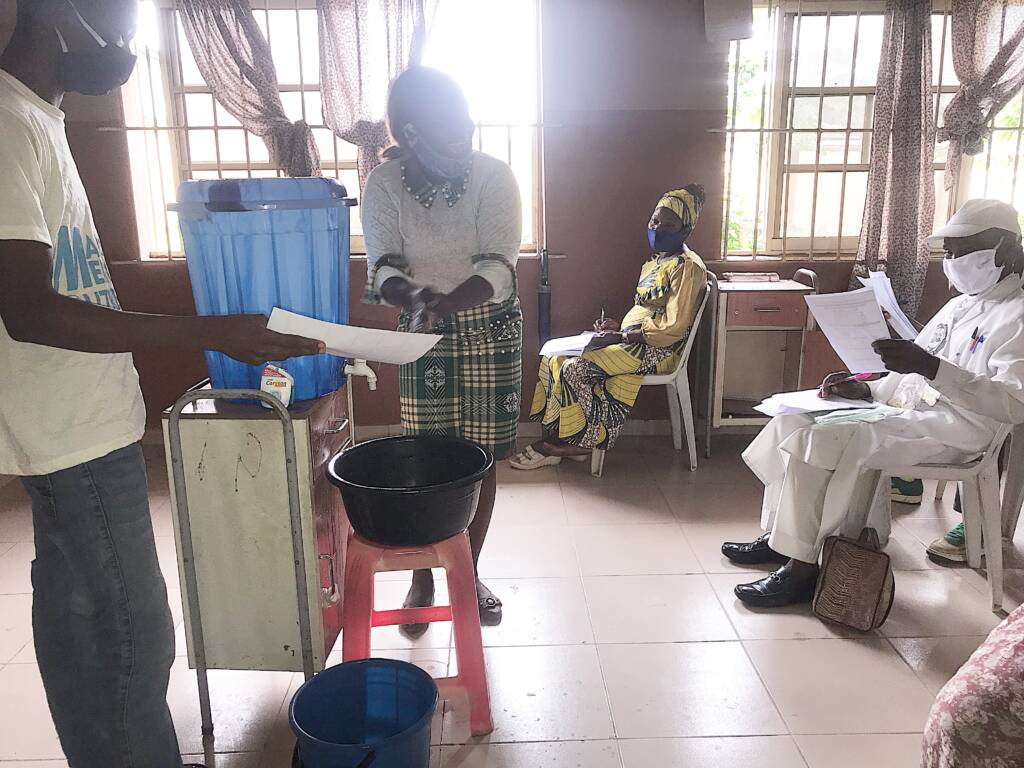
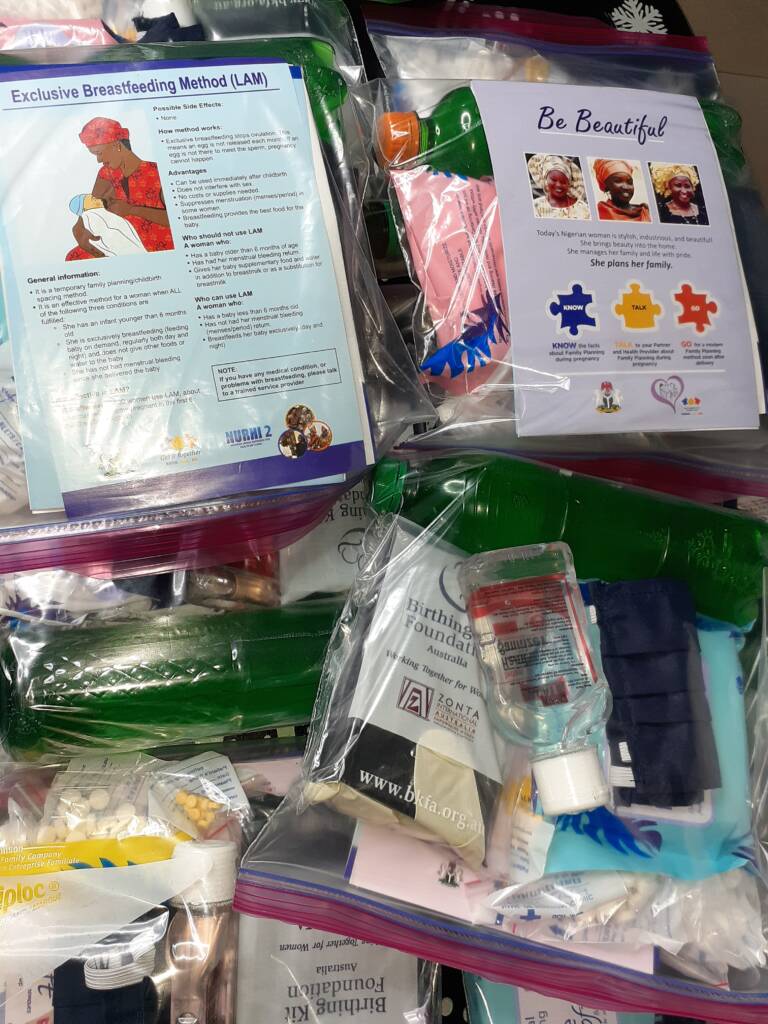
In addition to our existing “Training The TBAs – TTT” project, over the past five months (July to November 2020) we have been able to reach 6 Apex nurses and community health officers, 87 community health care providers inclusive of JCHEWs, CHEW, Auxiliary nurses, CBAs, TBAs and faith-based birth attendants, all from selected local government area and staff of the primary health centre of the community.
In summary, we believe strongly in the potentials of our community birth attendants and health care workers, and going into the community to get more of them – including the TBAs – on the right path of hygienic service delivery, enrolling them into our behavioural modification project towards eradicating maternal mortality in our communities and empowering the population with knowledge and basic practices for hygienic purposes is expedient.
Abbreviations
ANC – Antenatal Clinic
CBAs – Community Birth Attendants
CHEW – Community Health Extension Worker
JCHEW – Junior Community Health Extension Worker
TBAs – Traditional Birth Attendants
Dr. Agoyi Mary Oluwakemisola
(MB;BS Lagos, MSc. PH in view)
Program Manager
Safer Hands Health Initiative


